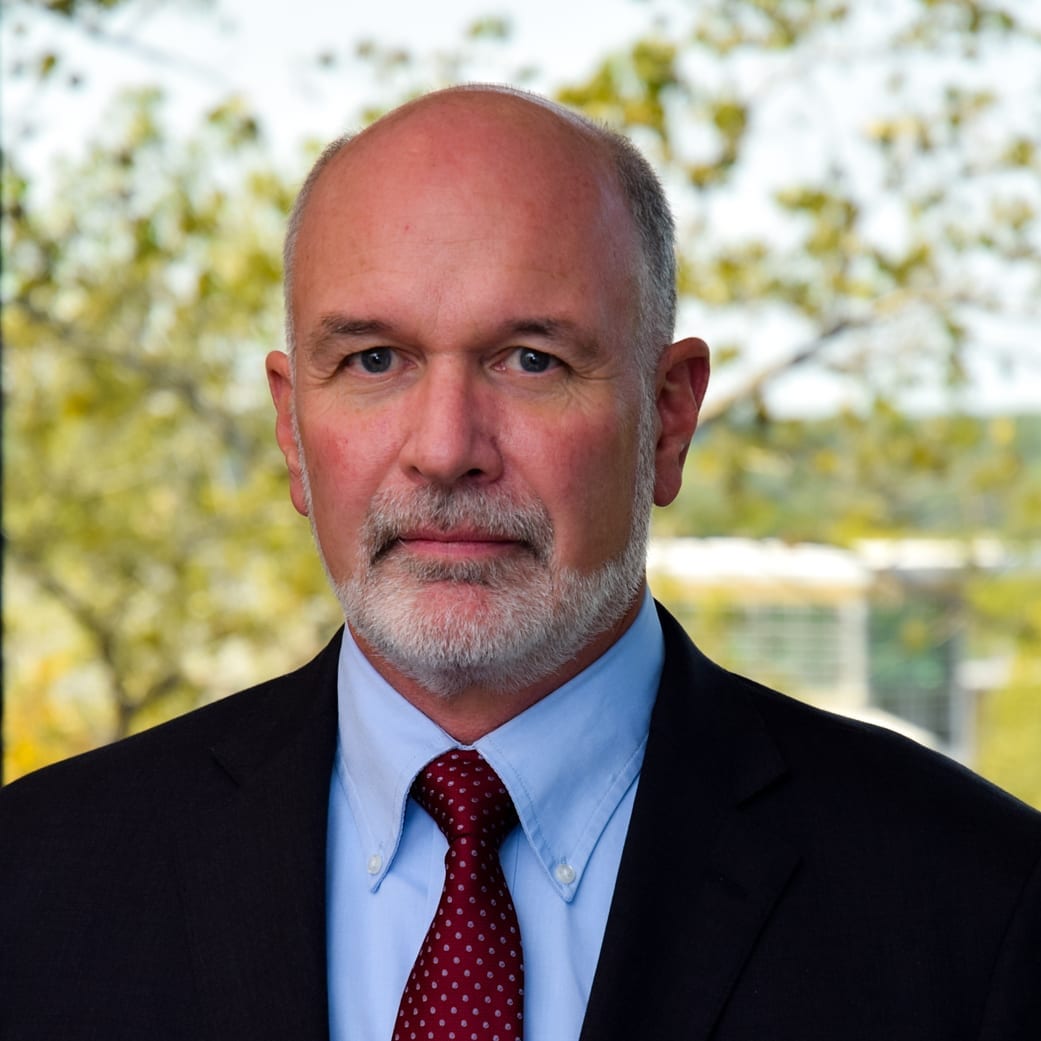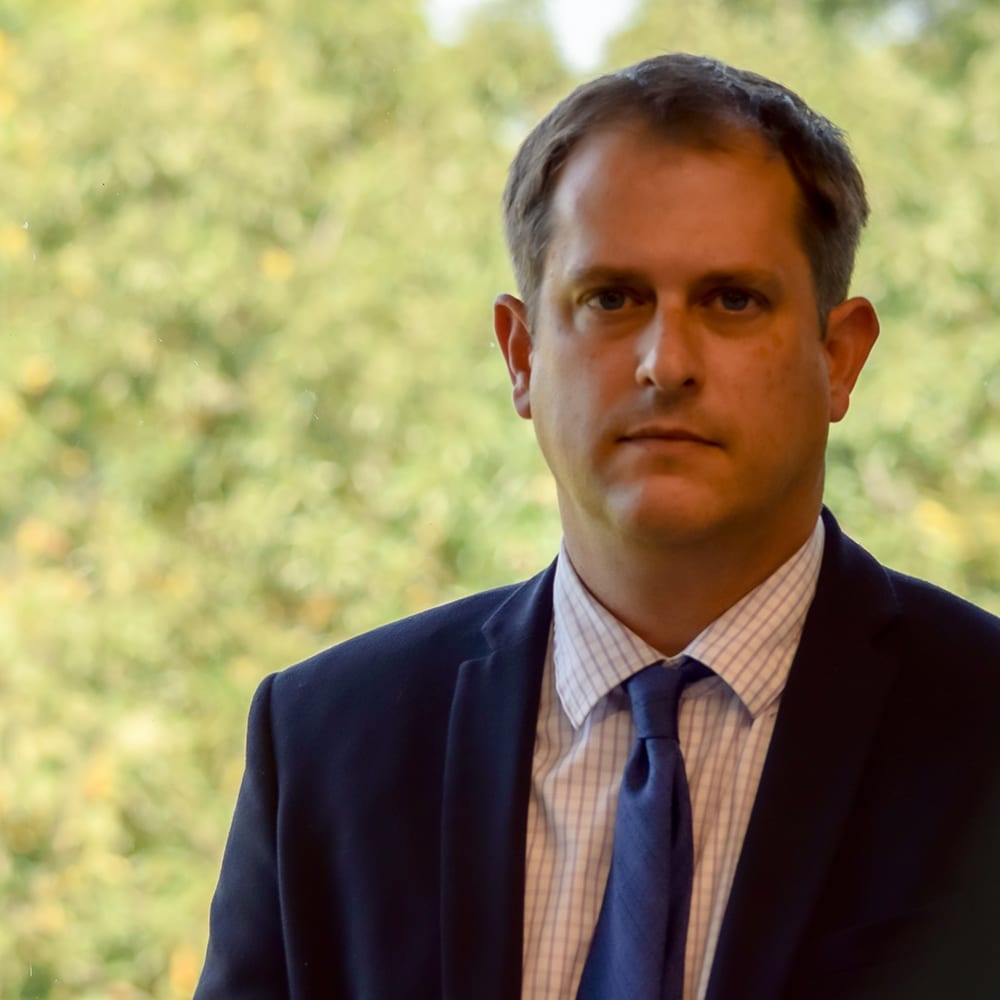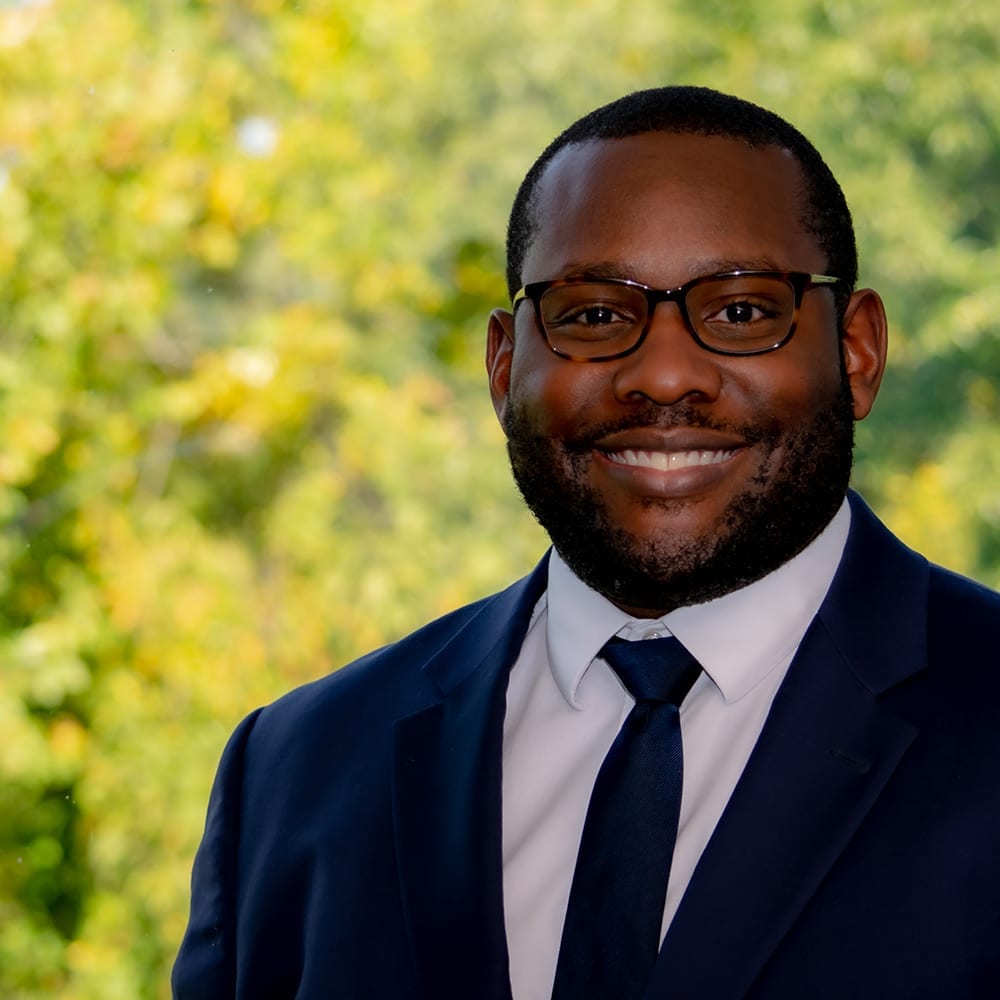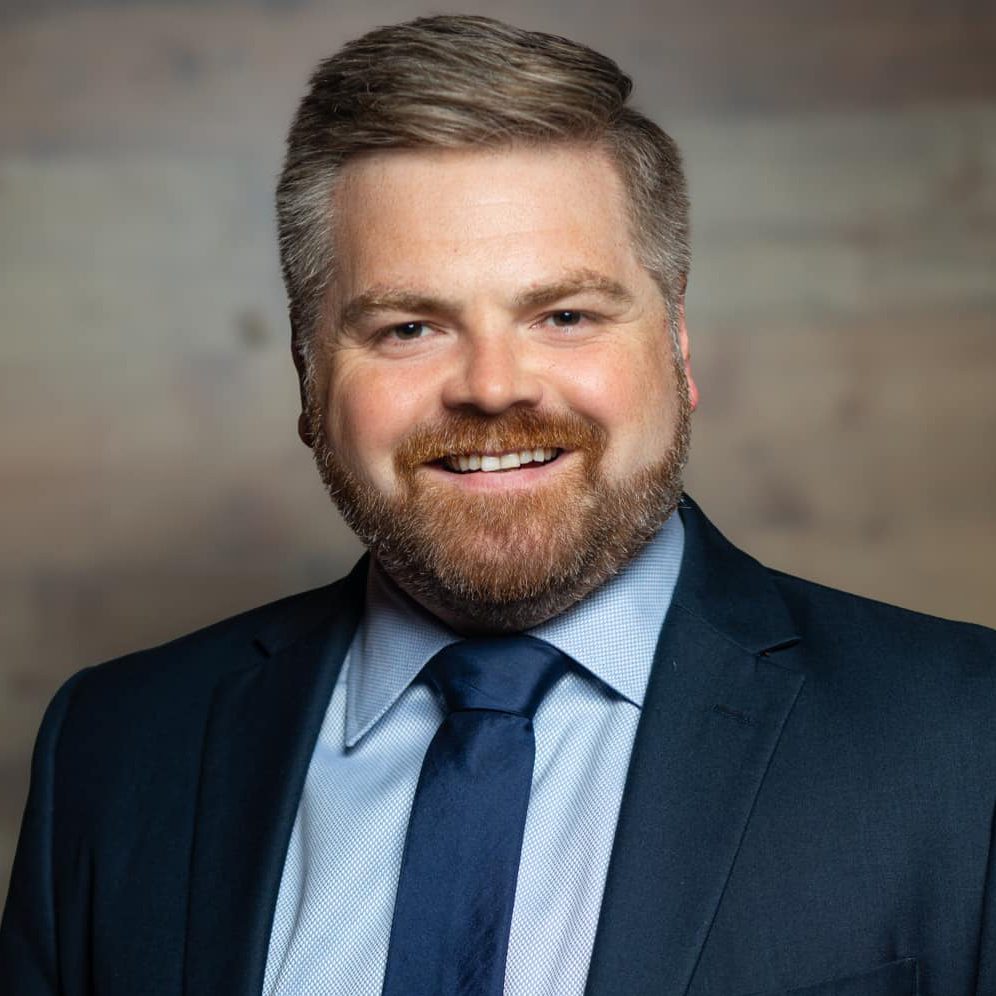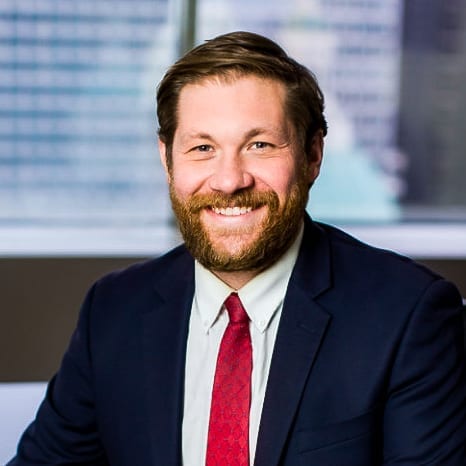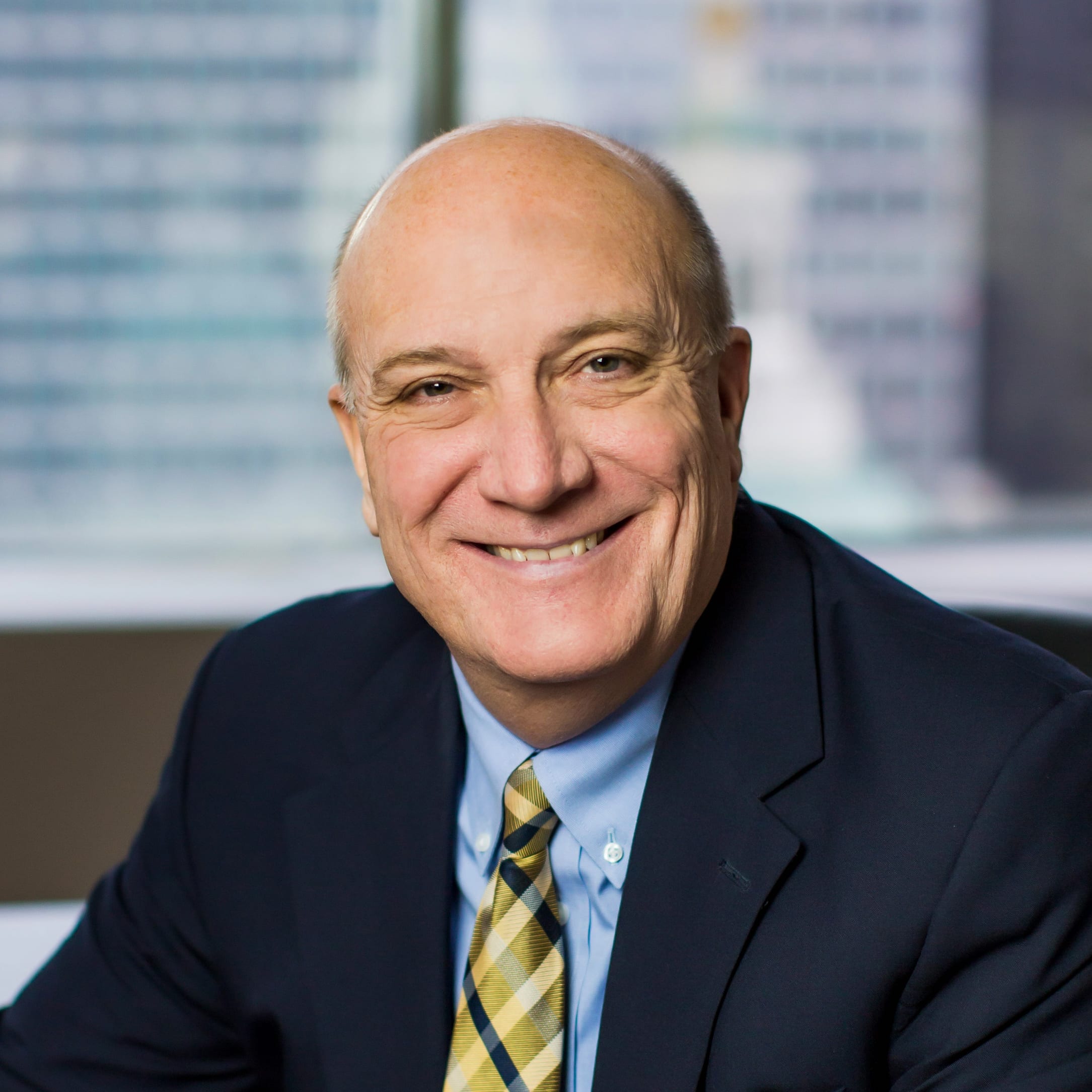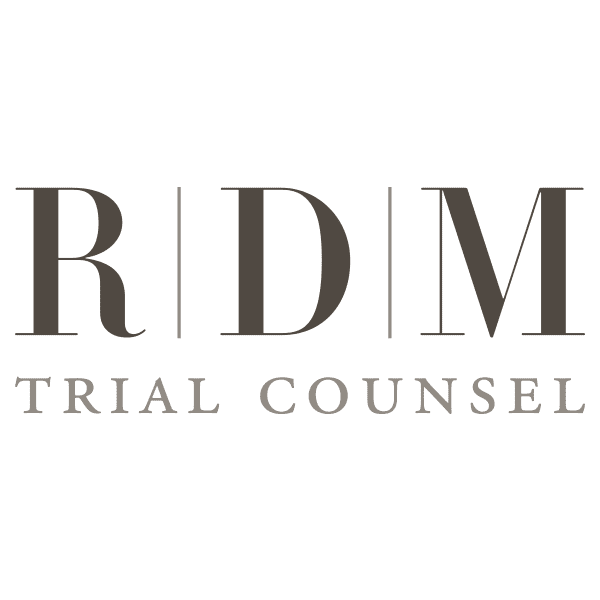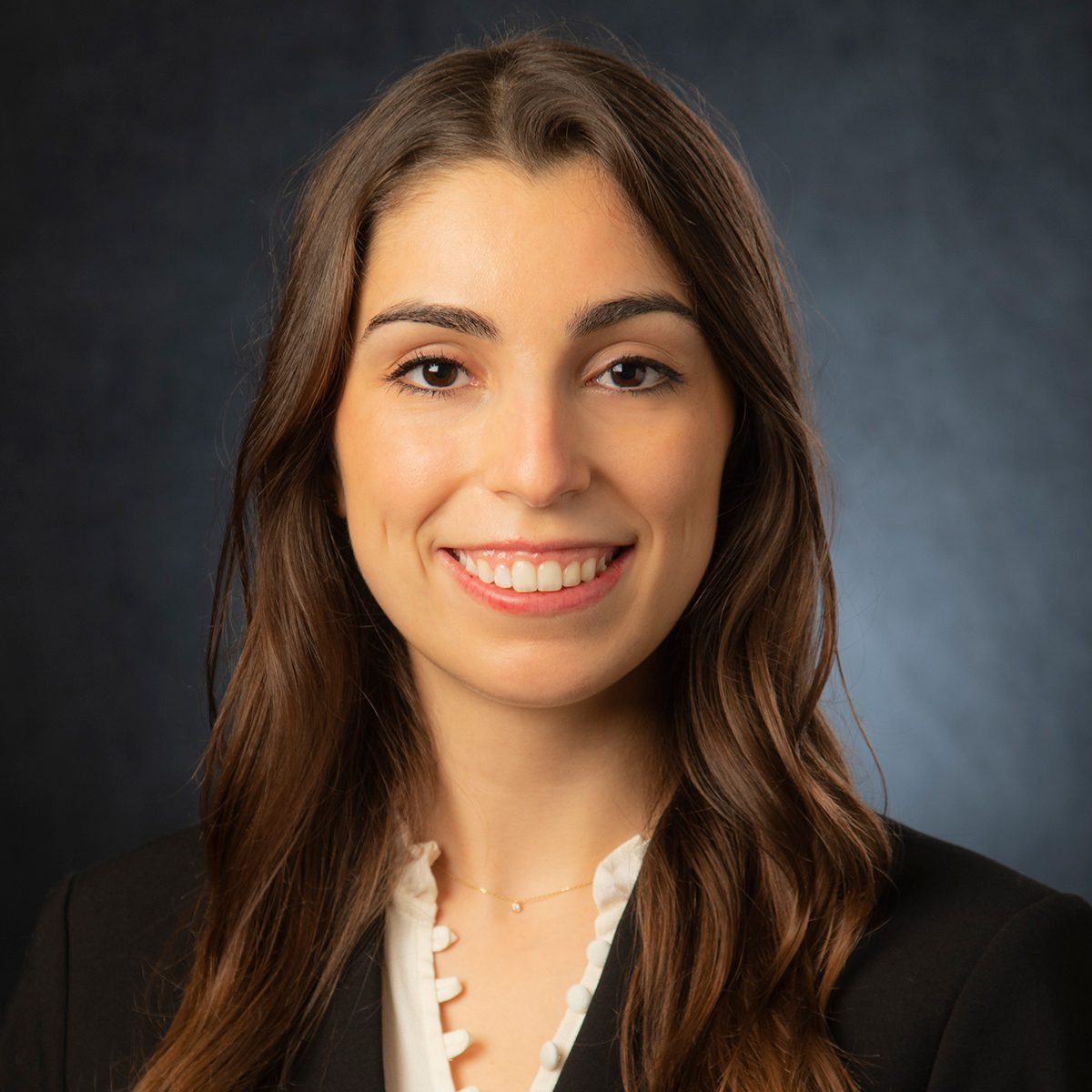
Rasmussen Dickey Moore was founded in 1996 by Kurt Rasmussen, Clay Dickey, and Steve Moore. The firm has grown since then into a strong, tightly knit group of outstanding litigators and trial attorneys. We work together to provide dedicated service to a diverse range of clients across the nation.
Our attorneys have many decades of combined experience in products liability, toxic torts, insurance litigation, commercial litigation, and a variety of other practice areas. Together, RDM’s attorneys bring talent and experience to every case from start to finish, with unmatched knowledge and attention to detail you won’t find at the big firms. Trust the attorneys at RDM to bring the best outcome to your case.


